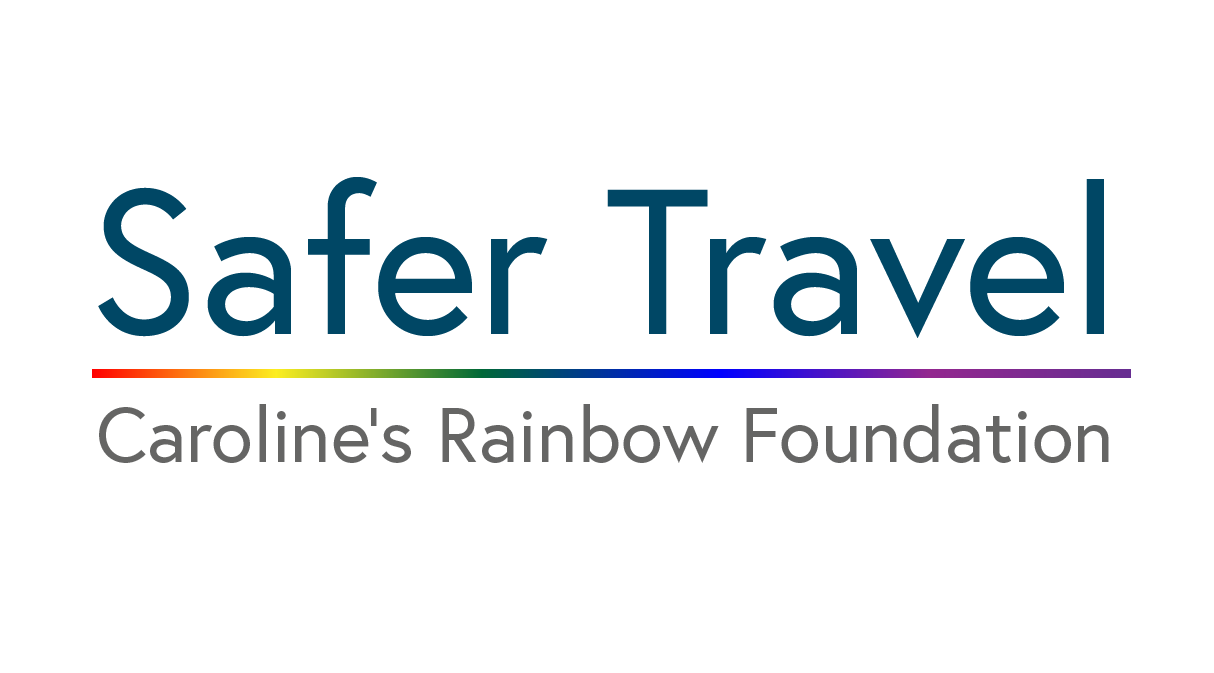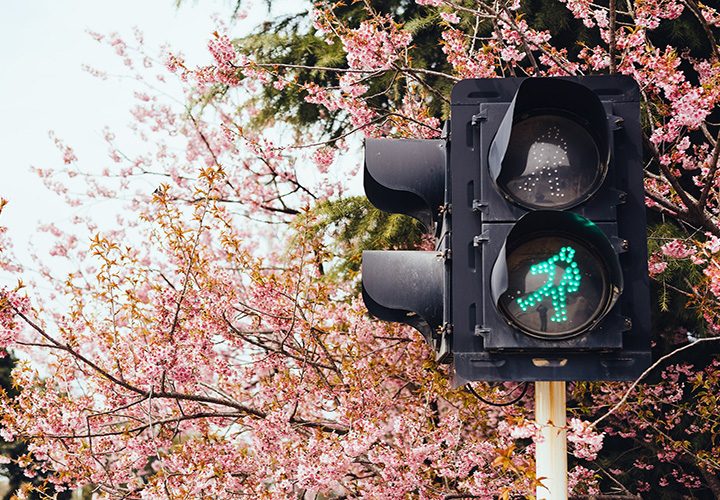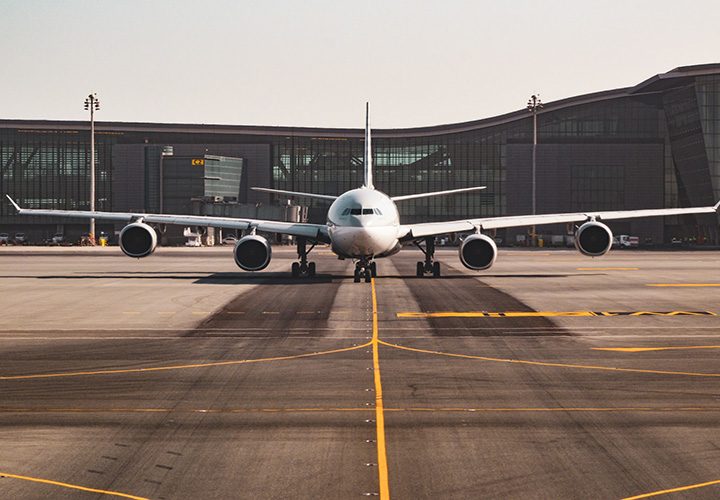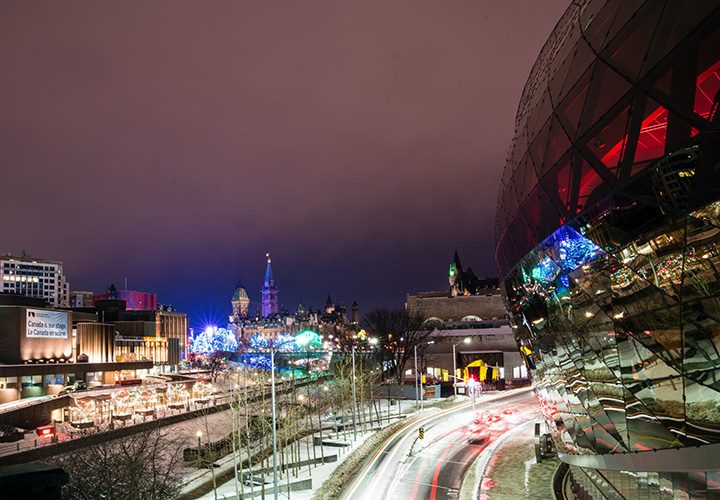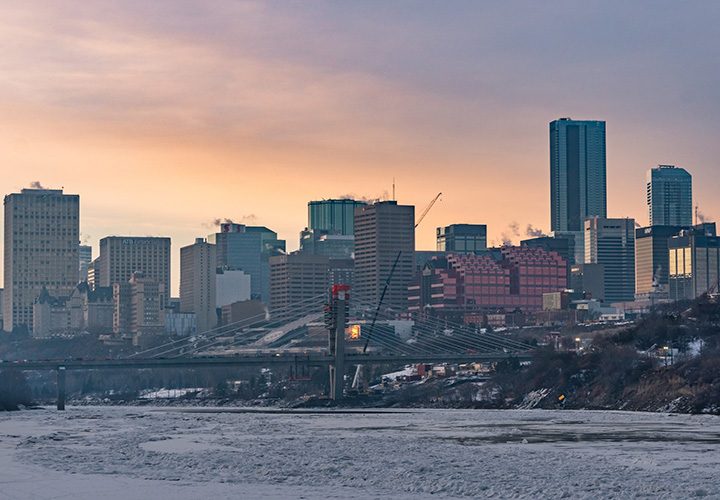Cambridge
This historic canal trading town was granted its city charter in 1951, despite it not having a cathedral. Cambridge is known for its university and its dense population of students. It has recently also become the site of Silicon Fen. This is a reference to Silicon Valley implying that, due to the growth of tech industries in the area like software and bioscience, Cambridge is becoming the English equivalent.

Details
Before visiting any town or city make sure you know the basics. General details and important information.
- Emergency Services: 999
- Language: English
- Currency: British Pound
- Country Code: GB
- Travel Visa: None required
- Population: 442,000
Risk Level
Researching various official sources, we perceive the risk to holiday makers and travellers are as follows;
Travellers Tips
Top travel advice and interesting tip bits of information from experienced travellers.
Emergencies
For the Emergency services just dial 999 from any phone, for not so serious situations please dial 101.
Hospitals in Cambridge
Addenbrooke’s Hospital: 01223 245151
Tourist Offices
Cambridge Tourist Information Centre: info@cambridgetouristinformation.co.uk
Travelling Around
Cambridge has a very standard set up for public transport with its bus services throughout the area and designated cycle paths. Due to the sizeable student population, these cycle routes may be busier that you are used to. Cambridge does have an airport but it is for private charters and aviation education; the closest normal airport is Stansted.
Airports
Stansted Airport www.stanstedairport.com
Train Stations
Cambridge Railway Station: National Rail Enquiries
Cambridge Safety
What’s the weather like?
Cambridge is in the east of England and, therefore, will be quite mild most of the time. It rains fairly often, especially in October.
The average summer temperature is 18 °C whilst the average winter temperature is 4 °C.
For the most reasonable weather, visit in the summer.
Dress and plan accordingly.
What are some safety top tips?
Cambridge is a well-known popular tourist area, therefore there will be a risk of pickpockets.
Keep your valuables inside a secure bag or in pockets on the inside of your jacket. Do not put your wallet or phone in a back pocket! Be aware of your surroundings and how close other people are to you.
What areas should I avoid?
Cambridge is considered to be one of the safest parts of the UK, however some areas, such as Arbury or Kings Hedges, are known to have drug problems.
Avoid these areas and if someone offers you drugs, politely but firmly say no and remove yourself from the situation.
How safe are the roads?
As Cambridge was predominantly built hundreds of years ago, the roads are often not wide enough to accommodate modern levels of traffic. When on the roads watch out for cyclists as there are lots of them. Be mindful that you are sharing the road.
Annual Events
Annual events allow a city come together for some amazing experiences. If visiting at this time, make sure you have your accommodation booked and are always aware of your surroundings when travelling around.
Cambridge Events
Cambridge Festival is a consolidation of the Cambridge Science Festival and the Cambridge Festival of Ideas that lasts for two weeks at the end of March/beginning of April. This festival is to cultivate public interest and engagement in Cambridge Universities scientific research. The university gives talks, demonstrations and workshops for all ages. The events cover a large array of topics, including the environment, pregnancy, technology and space.
Cambridge Shakespeare Festival
Every year this festival puts on a series of evening performances of Shakespeare’s famous plays, including Hamlet and Much Ado about Nothing. Each performance is an open air event in the gardens of alternatively Robinson, Downing, Saint John, Trinity or Kings colleges. The charming garden setting combined with the full period costume and live Elizabethan music is sure to be an engaging experience- especially after having some of the mulled wine served during the interval. Matinée performances start at 2.00pm and all other performances begin at 7.30pm.
This festival takes place every November and showcases international talent from the classical music scene. Acts include The Choir of Kings College, famed sibling cello/piano duo Sheku and Isata Kanneh-Mason and pioneering contemporary percussionist Joby Burgess. It is also notably a site of sharing and exploring both old and new aspects of music. In 2019, there was a movement to recognise female composers that had been exceptional but ignored during the later 19th and early 20th century.
Cambridge Highlights
What museums should I visit?
Some places are renowned for the amount of bars in the area and some for their castles. Cambridge has an exceptionally large number of museums within its boundaries. Mercifully, they are all ran by the same body (Cambridge University- who could have guessed) and are, therefore, located for the most part quite close to each other:
- Museum of Archaeology and Anthropology -behold some of the earliest African stone tools, Peruvian freeze-dried potatoes that are 500 years old and Japanese Samurai armour.
- The Polar Museum -houses various artefacts from early Antarctic explorations and details adventurers’ exploits.
- Sedgwick Museum of Earth Sciences -containing a range of replica dinosaur skeletons, the oldest intact geological collection in the world and the first geological map of the UK published in 1815.
- Museum of Classical Archaeology -walk amongst the Greeks and Romans as you explore ancient statues and artefacts.
- Whipple Museum of the History of Science -featuring famous scientific pieces, such as Charles Darwin’s microscope, The Grand Orrery and Ingeborg Brun’s Mars Globe.
- Museum of Zoology -containing animals old and new: a 21m fin whale, a giant ground sloth and one of the most complete Dodo skeletons in the UK.
- The Fitzwilliam Museum -houses a huge collection of art and historical artefacts, including a Rembrandt and Nakhtefmut’s mummy case.
- Kettle’s Yard -a modern and contemporary art museum.
You will be amazed at the range and breadth of historical and scientific knowledge housed in just one small area of the world.
What relaxing activities can I do?
Cambridge’s famed canal can be traversed via both private and shared chauffeured tours put on by local hires. This is ‘the ideal way’ to see all the sites Cambridge has to offer in both comfort & style. Punting is the No. 1 activity performed by tourists so it is a tried and tested part of exploring Cambridge.
Where should I visit?
The Cambridge University Botanic Garden is a beautiful green space in which you can walk and explore to your hearts content. See sights such as the Snow Drop Walk and be enamoured with over 8000 different plants to learn about. Yet another piece of Cambridge perfect for a classic sit down picnic. The garden also features the Glasshouse Range along the northern boundary and a 20th century fountain cast in bronze.

